“Stanford Tuck is a neglected hero of the British narrative of the Second World War despite his success as a fighter ace in the critical years. Helen Doe has successfully rescued Tuck as an airman worth knowing better, and at the same time has removed the many myths and distortions that earlier accounts accumulated. This is no hagiography, but a thoroughly researched biography that presents the many sides of Tuck’s personality and career with candour but also with sympathy.”
Professor Richard Overy
“Scrupulously researched, this book tells the story of the human being behind the hero, bringing home the true tragedy and suffering of war. It makes for a compelling read.”
Stephen Bungay, author of The Most Dangerous Enemy
“This is an acute memoir of refreshing clarity written with sympathy and elan.”
Britain at War (Book of the Month, January 2024)
The first full reappraisal of one of Britain’s great fighter aces, this book examines the truth behind Tuck’s 1956 biography, Fly for Your Life. It looks at the evidence behind the myths, and reveals the real Stanford Tuck, a more complex man than the one-dimensional hero of the previous biography.
During the Second World War , Bob Tuck was the top-scoring British fighter ace with an official score of 29 enemy aircraft destroyed by January 1942 and had become the glamorous role model for the RAF publicity machine. He had joined the RAF in 1935 and quickly showed his excellent flying skills. In 1940 his Spitfire squadron was fighting over Dunkirk where he proved himself an expert shot. During the Battle of Britain his legendary prowess grew and he was posted to command a leaderless and demoralised squadron, this time flying Hurricanes, where he continued to prove himself an outstanding fighter ace, gaining the rare distinction of three DFCs and then the DSO for his leadership.
Shot down over France in January 1942, he was imprisoned in Stalag Luft III alongside Roger Bushell, the mastermind of the Great Escape. In January 1944, he was purged along with around 20 other POWs to a new camp. Still determined to escape, he took the risky chance during the Long March along with a Polish officer, making their way east to Russian forces and thence to England.
Post-war, he became good friends with the Luftwaffe ace, Adolf Galland, and was a key advisor with him on the film, Battle of Britain, and, often with his other friend, Douglas Bader, made many media appearances. His health suffered in later years from the impact of his war service and his imprisonment and he died aged 70 in 1987.
Helen Doe
Helen Doe is a well-established author and historian with a PhD in history from the University of Exeter. Stanford Tuck is her second biography focusing on World War II RAF aces. In 2015 she published Fighter Pilot, the biography of her father, Bob Doe …

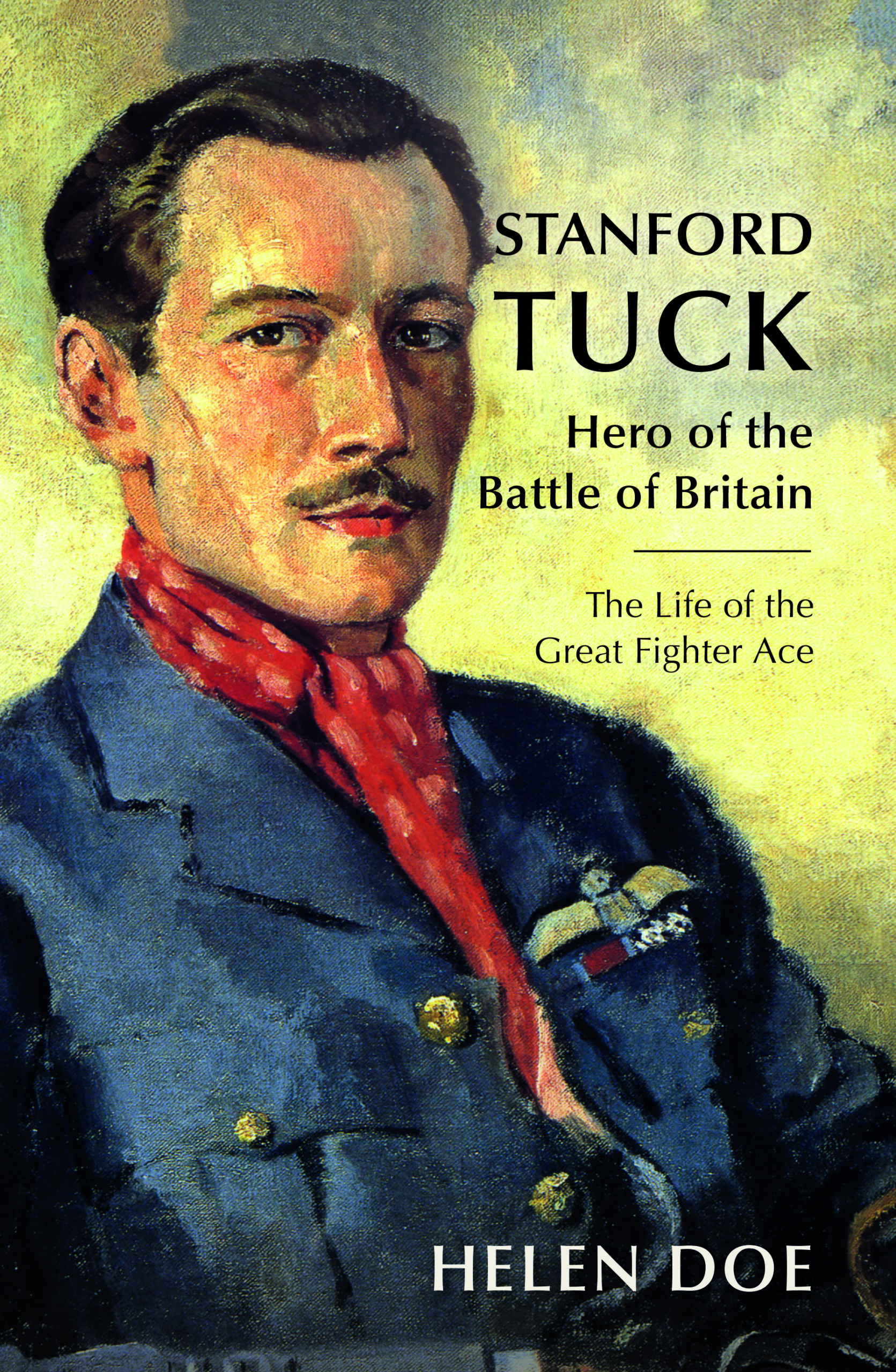





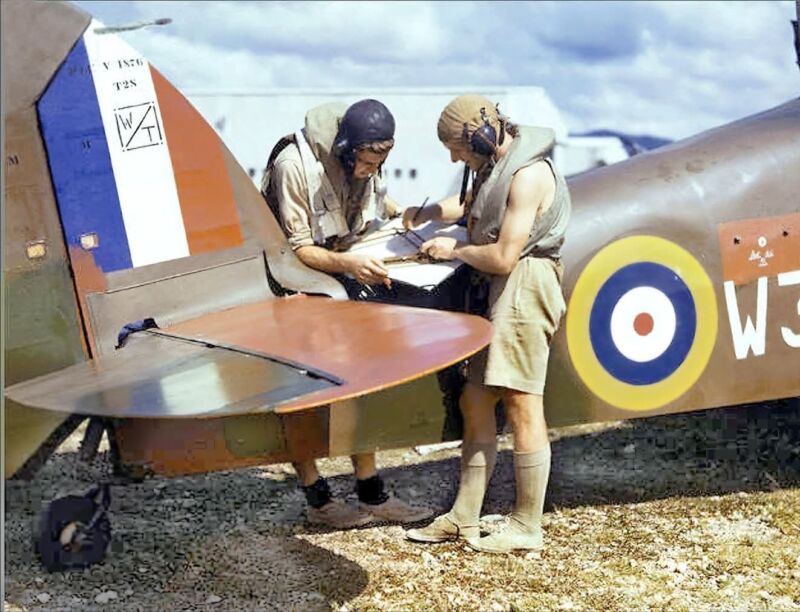

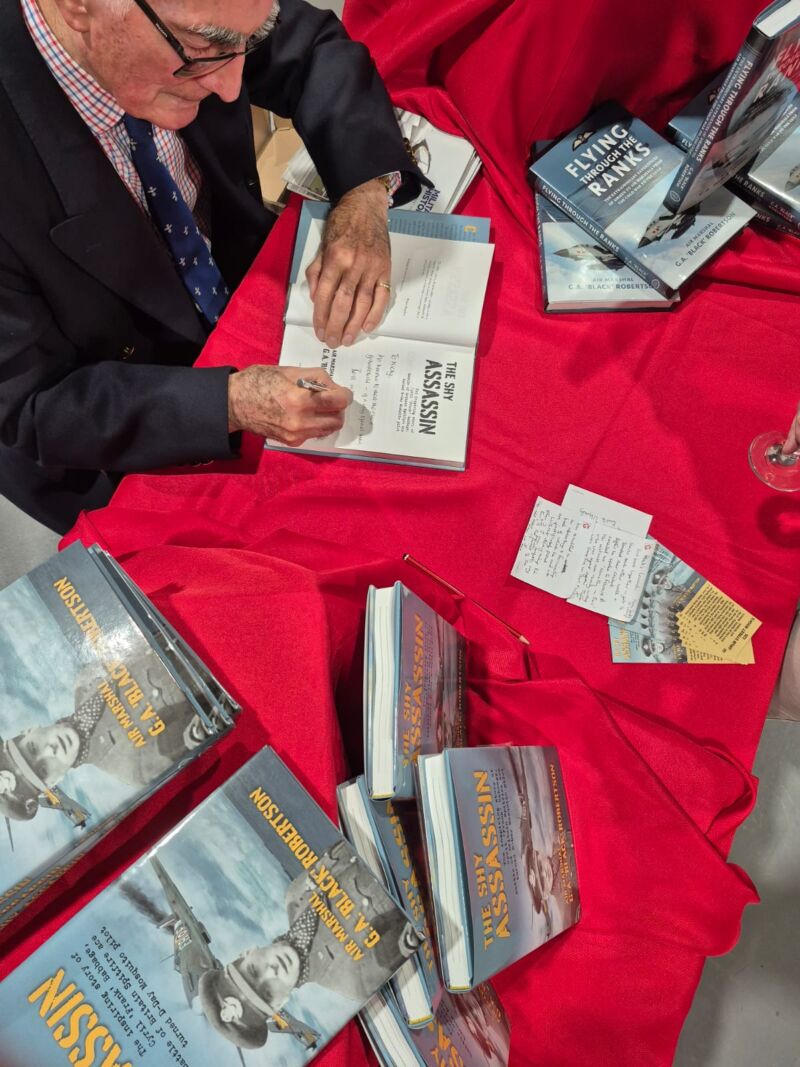


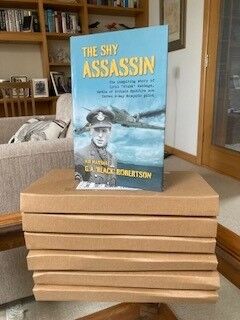
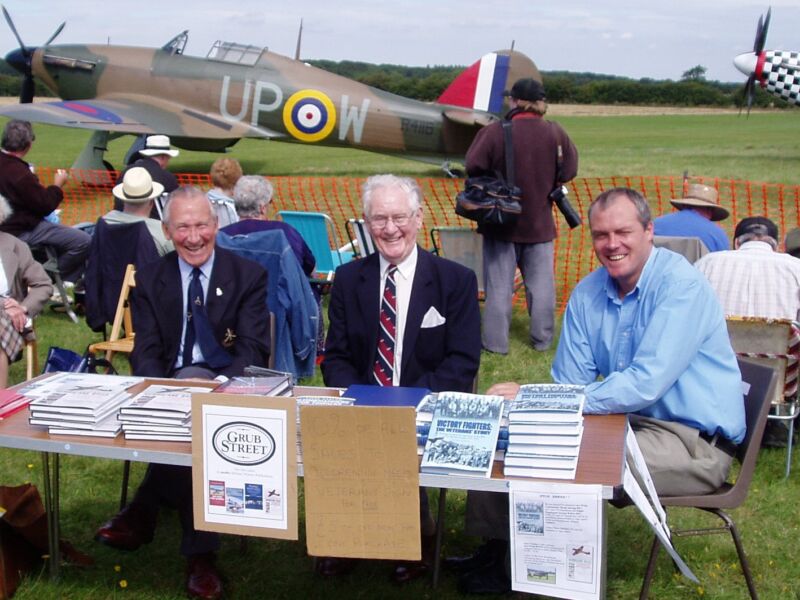





Reviews
There are no reviews yet.